BioMosae B.V.
success story
EnzymeCropProtect
BioMosae, based in the Netherlands, is a ground-breaking food and crop protection company developing a biological effective ingredient Canto®. The product is based on enzymes produced by proprietary bacterial strain BM-1. Canto® will be the active ingredient for the next generation of highly effective affordable biological crop protection products to protect crops from pathogens that have no adequate biological alternatives currently available.
Within the KET4CleanProduction project, the company focused on the large-scale optimisation of the design for clean production of biopesticides. The micro-grant was used for the upscaling of a bio-fermentation protocol from 1 to 10 and, respectively, 150 L scale.
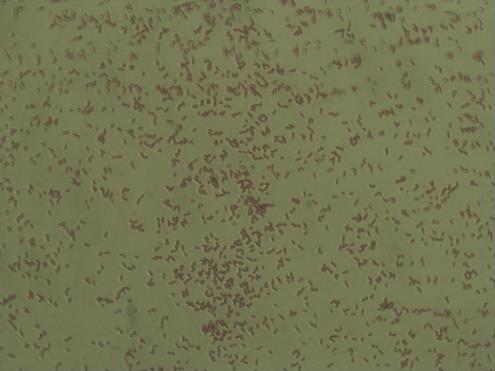

KET Technology Centers involved
Bio Base Europe Pilot Plant BBEPP | Belgium
International Iberian Nanotechnology Laboratory | Portugal
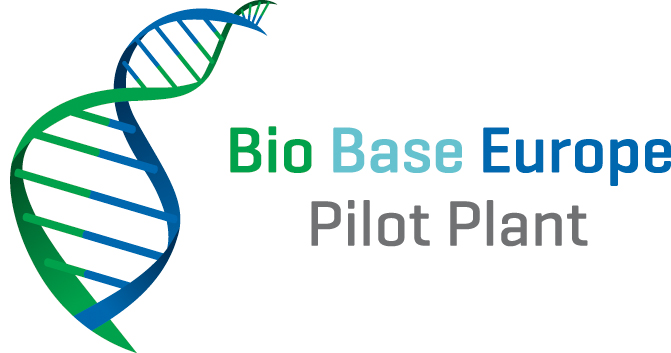
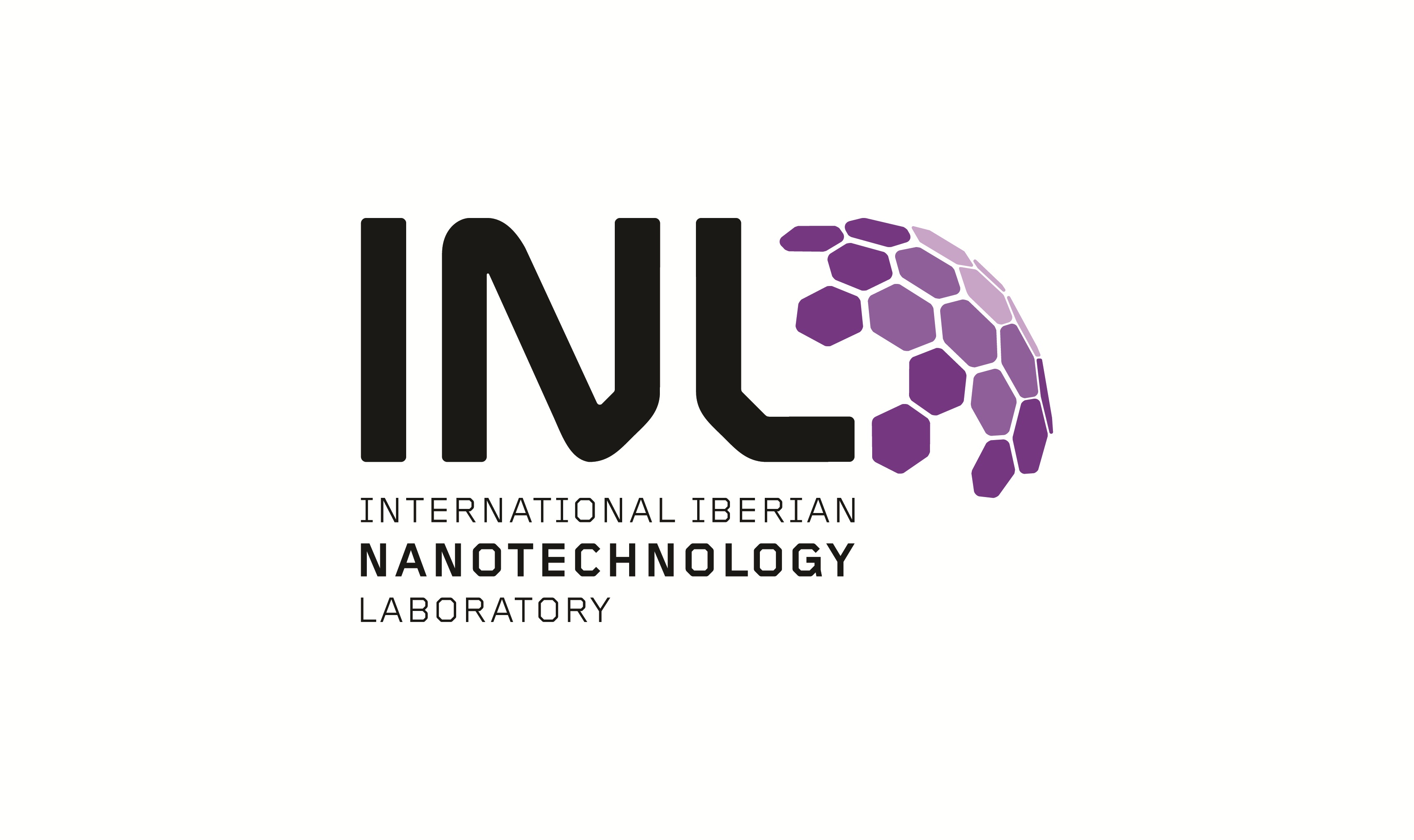
The KET4CleanProduction project helped the company overcome two challenges: the upscaling of the process to validate BioMosae’s novel, productive and clean manufacturing methodology on the semi-industrial scale and the minimisation of purification costs.
The scaled-up manufacturing process is based on a novel immobilisation technology (MobiPur), which is based on a newly developed biodegradable carrier material that increases bacterial productivity. The carrier consists of porous foam with a large surface area allowing fast biofilm formation. Test trials showed product consistency and good efficacy towards fungi. The crude mixture is used to protect crops against various pathogens such as Botrytis, Pythium and Powdery Mildew. A scalable process for a 100% sustainable biopesticide has been validated. Microbial production of enzyme mixture for plant protection was validated in both 7.5 L fermenter, as well as on 150 L scale. Furthermore, a newly developed protocol allows the proteins present in the sample to be separated into several fractions, so that purity can be expected to increase in any case compared to the raw extract.
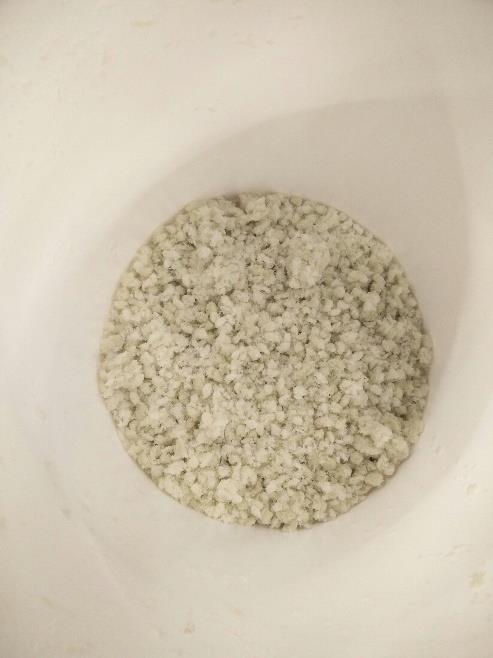
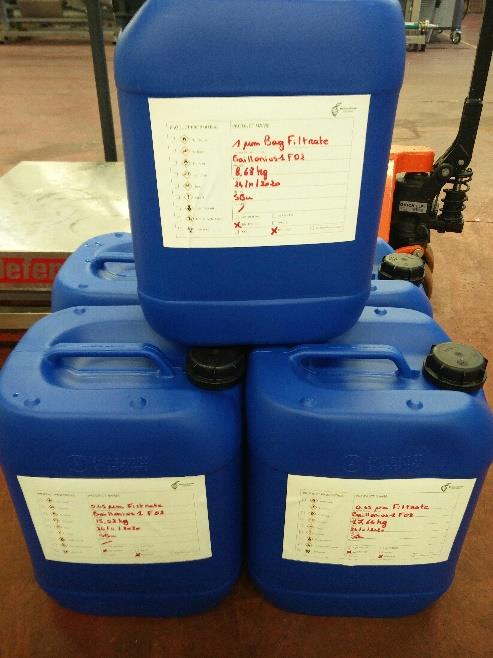
Due to the cooperation with the technology centres, the company was able to translate the process from solid-state fermentation to a proven, scalable submerged fermentation process and minimise the purification costs.
The developed scalable route also helps produce a larger quantity of the product. That shortened the production cycle and reduced production costs. Moreover, as opposed to the traditional chemical pesticides, which are causing negative health effects, environmental pollution and food safety problems, the biologically active ingredient has a positive impact on the environment. Biopesticides can replace traditional high-carbon and chemical-based pesticides and contribute to a more resource-efficient and sustainable low-carbon economy.
